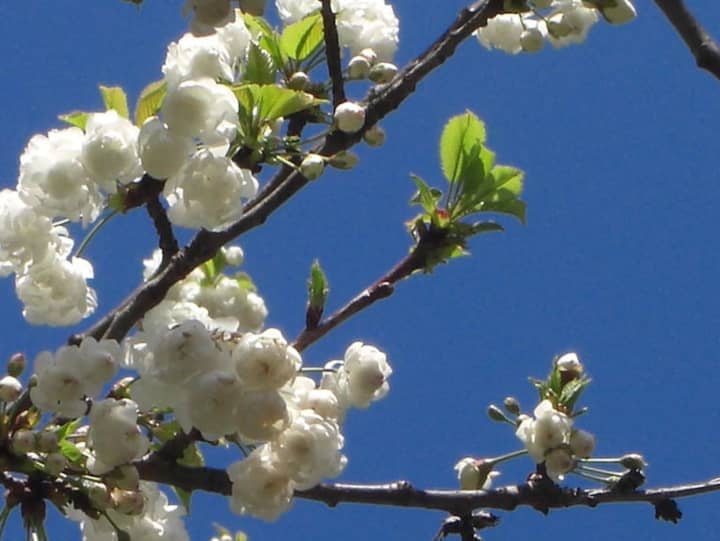According to statistics, more than 58 million Americans suffer from seasonal allergies, which often return to the area in late winter. During the spring warm-up, many trees, grass and other plants begin to germinate by sending their pollen into the air. These microscopic particles help plants rebound after a long, hard winter but can have a brutal effect on the human immune system.
We're all familiar with the symptoms; a chorus of sneezes, coughs, sniffles, red eyes and black circles often accompany those who suffer from seasonal allergies and make spring an unbearable time.
Fortunately, there is relief for those who suffer from allergies. Many over the counter antihistamines or decongestants reduce inflammation of the nose and throat can ebb runny noses. “Many people aren’t aware that there are a variety of newer generation prescription medications that allergy sufferers may benefit from.” said Dr. Dominic Ruocco of the Doctor's Office Urgent Care in Midland Park.
For those who choose to eschew medicine, limiting outdoor exposure during high-pollen times can be key. In the mornings or during periods of little rain allergens tend to accumulate. Conversely, heavy rains often bring relief as pollen is washed off cars and sidewalks and into storm drains.
“It may be useful to monitor local levels of different types of pollen in order to correlate with your symptoms to have a sense of what may be a potential trigger for your allergies,” advises Dr. Ruocco.
Doctors also caution against opening windows and doors during peak pollen season; doing so invites the irritants right into the home. In the meantime, embrace the spring cleaning and ensure pollen and any other allergens -- such as dust or mold -- are eliminated.


